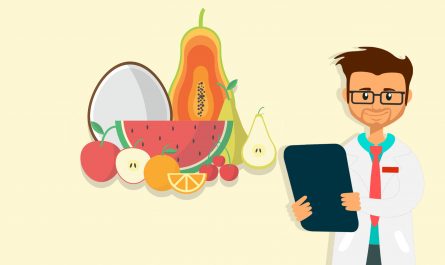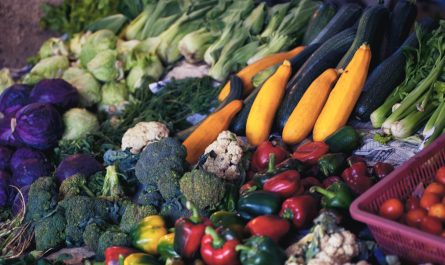Welcome to my guide on the Importance of Your Own Diet Tips! Eating a healthy and balanced diet is crucial for maintaining good health and preventing diseases.
In this guide, I will share some helpful tips on developing and maintaining a healthy diet that suits your lifestyle and needs.
1. Start with small changes:
Switching to a healthier diet can be overwhelming if you try to do it all at once.
Start by making small changes to your diet, such as adding more fruits and vegetables to your meals or swapping processed snacks for whole foods. Gradually make these changes into habits, and soon it will become easier to make larger changes.
2. Make nutrient-dense foods your priority:
Your diet should consist of mostly nutrient-dense foods that are rich in vitamins, minerals, fiber, and other essential nutrients.
Plan meals that include a variety of colorful fruits and vegetables, whole grains, lean proteins such as fish, chicken, and legumes like beans.
3. Focus on portion control:
Overeating is one of the primary causes of obesity and other diet-related diseases.
Controlling your portion sizes is key to maintaining a healthy weight, and a great way to do this is by measuring the amount of food you eat and using smaller plates to make your serving sizes look more substantial.
4. Avoid processed and sugary foods:
Processed and sugary foods are often high in calories and low in nutrients, making them unhealthy choices. Limit your intake of fast food, candy, sugary drinks like soda, and snacks such as chips.
5. Stay hydrated:
Drinking enough water is essential for maintaining good health, energy levels, and physical performance.
Aim to drink at least 8 glasses of water a day, and avoid sugary drinks such as soda, sports drinks, and fruit juices as these can add extra calories to your diet.
6. Plan your meals:
Planning your meals in advance can help you stick to a healthy diet and avoid making unhealthy food choices out of convenience.
Make a grocery list of the nutritious foods you need, and plan your meals and snacks for the week ahead. This will help ensure you have healthy food options on hand when hunger strikes.
7. Practice mindful eating:
We often eat mindlessly, not paying attention to what we eat or how much we consume.
Mindful eating involves paying attention to the present moment, being aware of your hunger and satiety cues, and savoring your food. Try to eat slowly, enjoy every bite, and chew your food thoroughly.
8. Seek professional help:
If you are struggling to develop a healthy diet, seek professional help.
Registered dietitians and nutritionists can help you create a personalized diet plan tailored to your needs and preferences.
You may also consider talking to a behavior change specialist who can help you build healthy habits and make lasting changes to your diet.
Adopting a healthy and balanced diet is key to maintaining good health and preventing chronic diseases.
By incorporating these tips into your lifestyle, you can develop a practical and sustainable diet that works for you. Small changes can make a significant difference, so prioritize your health today!




